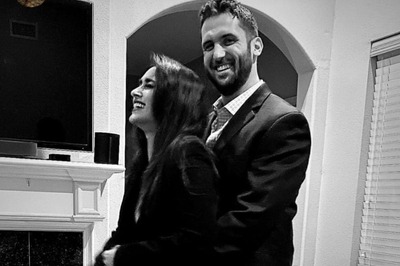
views
Sydney: Long prison sentences are expected to be among the sanctions against match fixing under new uniform laws that Australia's federal and state governments have agreed to frame.
Federal Minister for Sport Mark Arbib said Friday's agreement by state attorneys general to establish a group to develop nationally consistent criminal laws for match-fixing was "the next step in the fight against corruption in sport."
The move follows an agreement last month by the various sports ministers to sign a National Policy on Match-Fixing in Sport. Penalties of up to 10 years in prison had been discussed.
Australia's leading sports organizations, including the Australian Olympic Committee and a coalition of the main professional sports have backed tougher penalties and nationwide laws. There is no existing legislation dealing specifically with match-fixing in Australia.
"With our lawmakers now signed up we are well down the path to developing historic legislative arrangements to ensure people participating in match-fixing are punished," Arbib said.
"Sports ministers have been working with sports and betting companies to establish ways to deter and deal with corruption in sport and all agree that nationally consistent legislative arrangements are an essential part of the policy," he said.
Australia's federal and state governments have already announced plans to phase out the publication and broadcast of live odds during broadcasts of professional sports — either through self regulation by individual sports, or by legislation.
Among other strategies being discussed are: giving sports the right to veto the offering of certain types of bets; giving sports a cut of gambling revenue; the adoption of codes of conduct by sports; and the establishment of a National Integrity of Sport Unit.
Federal Minister for Justice Brendan O'Connor said match fixing is a serious threat to the integrity of sport in Australia.
"As a sporting nation, it is important that we work together across jurisdictions to develop strong laws and appropriate penalties to maintain the integrity of our professional sporting sector," O'Connor said.
The push for tougher penalties has intensified in the wake of bribery scandals that overshadowed the recent FIFA congress, an investigation into spot-fixing in a National Rugby League match, and the bans on three Pakistan cricketers accused of accepting money for conspiring to ensure no-balls were delivered at specific times during a Test.
Sports betting is big business in gambling-mad Australia, where an IBISWorld survey last year showed that the market share of sports gambling over five years had nearly doubled from $ 1.6 billion per annum to $ 2.9 billion.




















Comments
0 comment